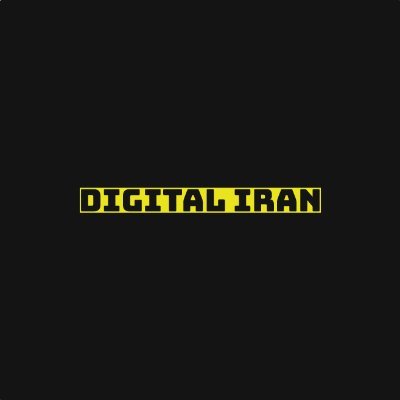About
Frequently Asked Questions
1. What is Digital Iran exactly?
Digital Iran is a collaborative digital humanities project funded at the University of Washington. As a team, we think up innovative ways to analyze video games using techniques found in popular culture. Our goal is to implement what we learn as instructors in the classroom.
2. What types of games do you analyze?
We are looking at games that are based on Iran, whether made in the West (Europe/US) or in Iran proper. The games we pick are not style or genre specific.
3. When did you begin this project? And will you continue the project after the grant?
While the project proposal was envisioned in autumn 2019, we began working on Digital Iran during the end of June 2020 with summer funding from the Simpson Center at the UW and the National Endowment for the Humanities. Mindy, the lead principal investigator, will make monthly blog posts after the summer fellowship has ended.
4. Who are the Researchers?
For summer 2020, the researchers were the principal investigator Melinda Cohoon, Solmaz Shakerifard, and Kayla van Kooten. Solmaz is a PhD candidate in the Interdisciplinary Near and Middle Eastern Studies (NMES) who studies music and sound in Iranian culture. Mindy is a PhD Candidate in NMES who studies games and Iranian gamers. Kayla is a recently graduated undergrad from JSIS and NELC at the UW, who studies Middle Eastern diaspora groups and migration.

Any information found in this blog is based on the personal opinions of the creators at digitaliranproject.com, and does not represent those of people, institutions, or organizations that the owners may or may not be associated with in a professional or a personal capacity, unless explicitly stated. Any opinions are not intended to malign any religion, ethnic group, club, organization, company or individual. All content provided on this blog is made available under the “Fair Use” doctrine.
